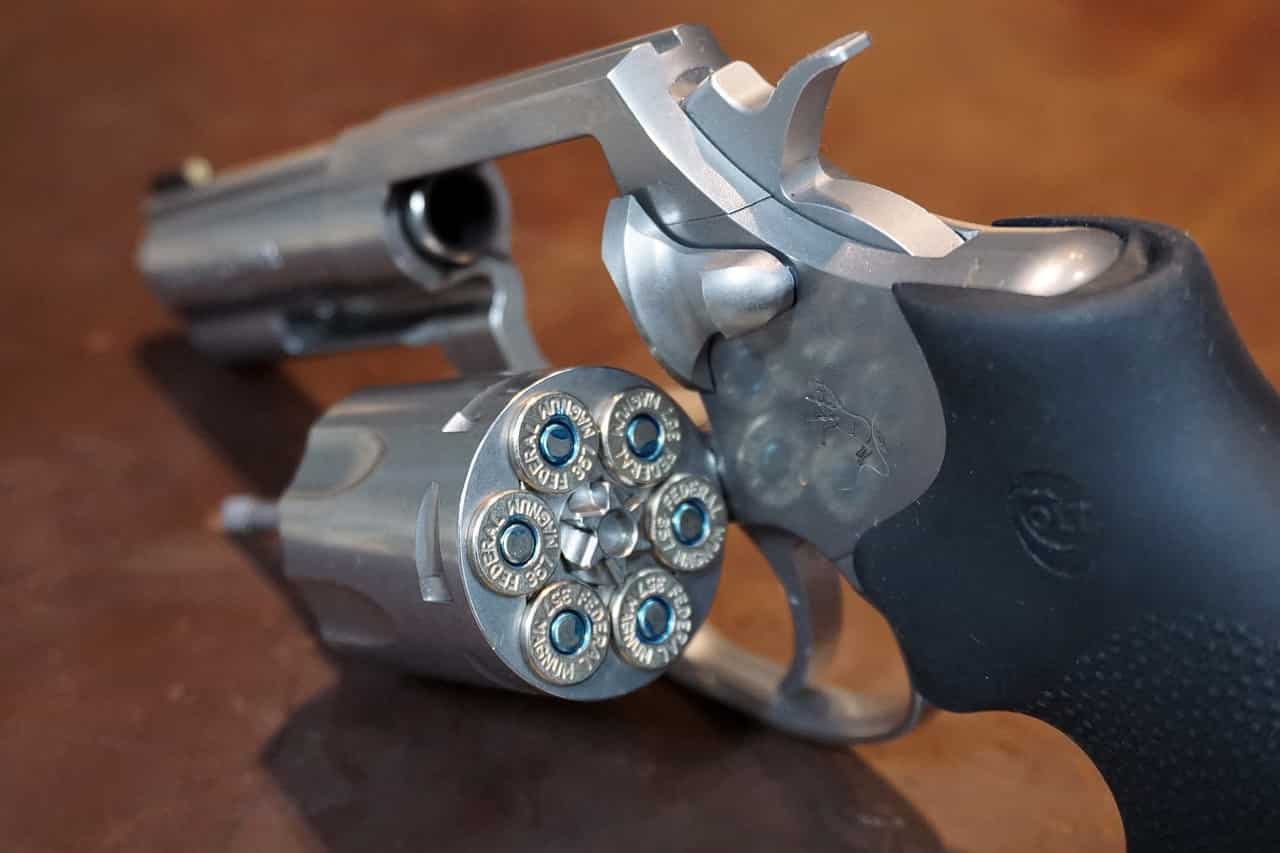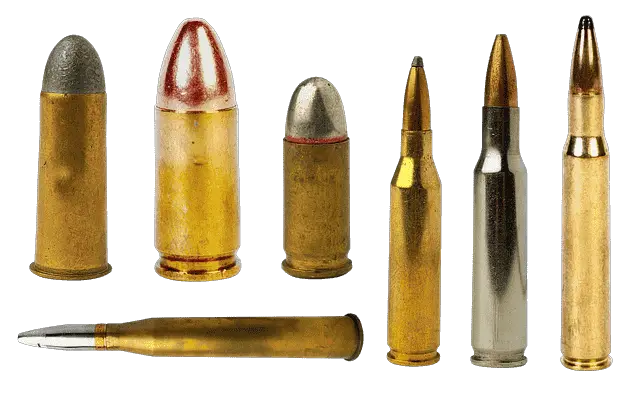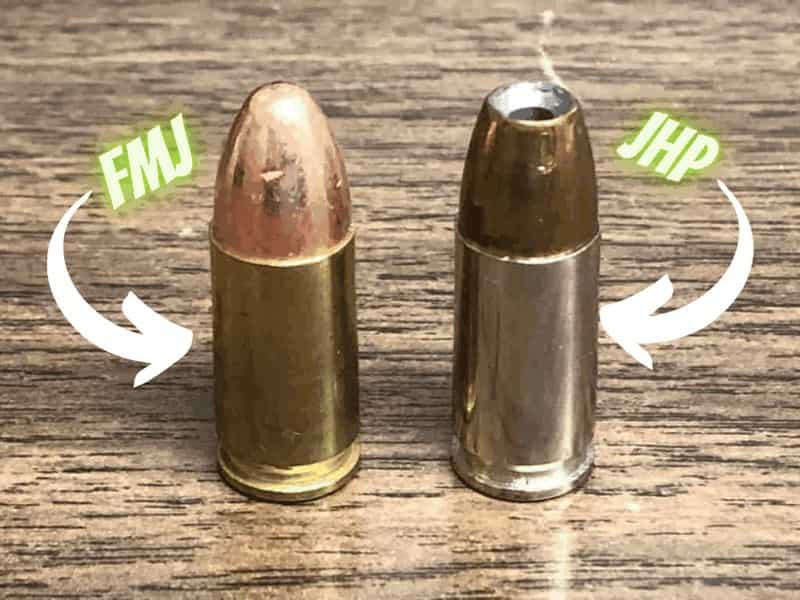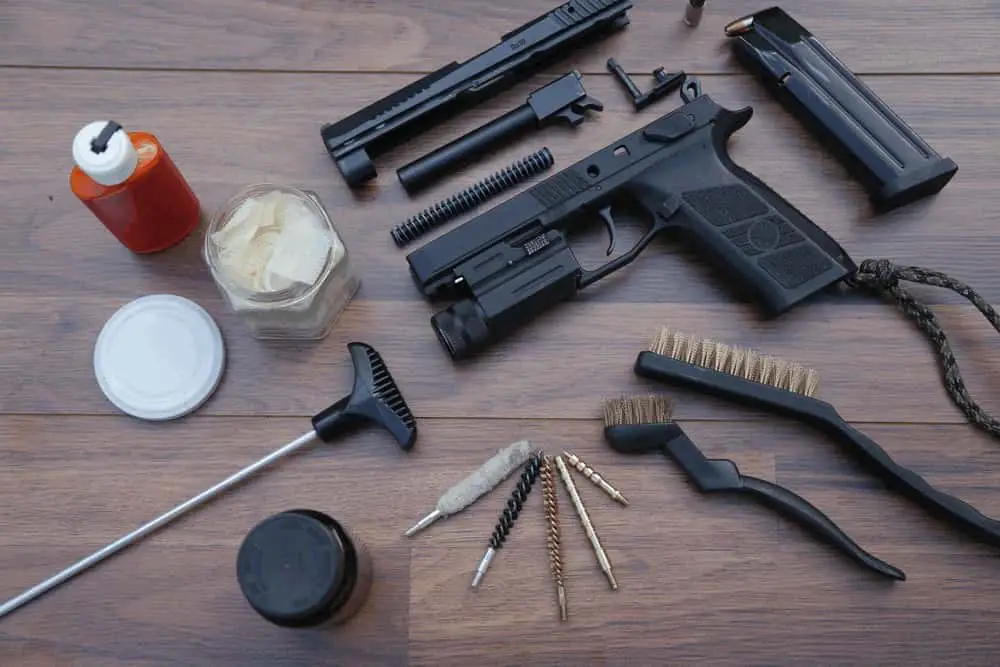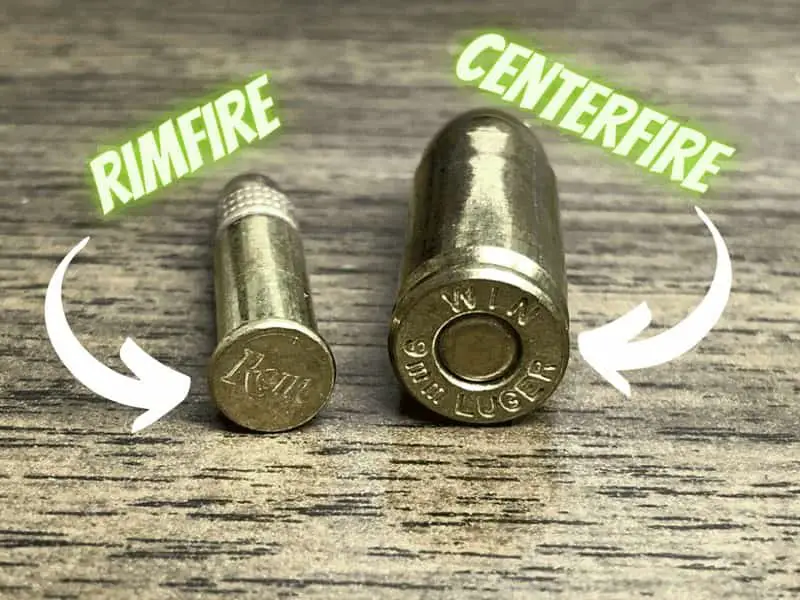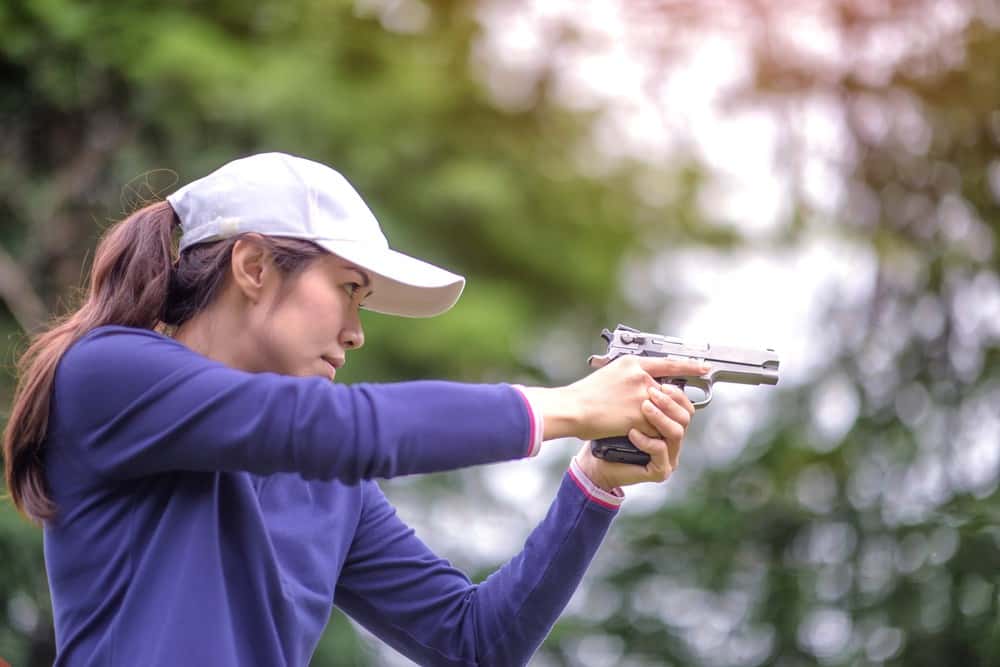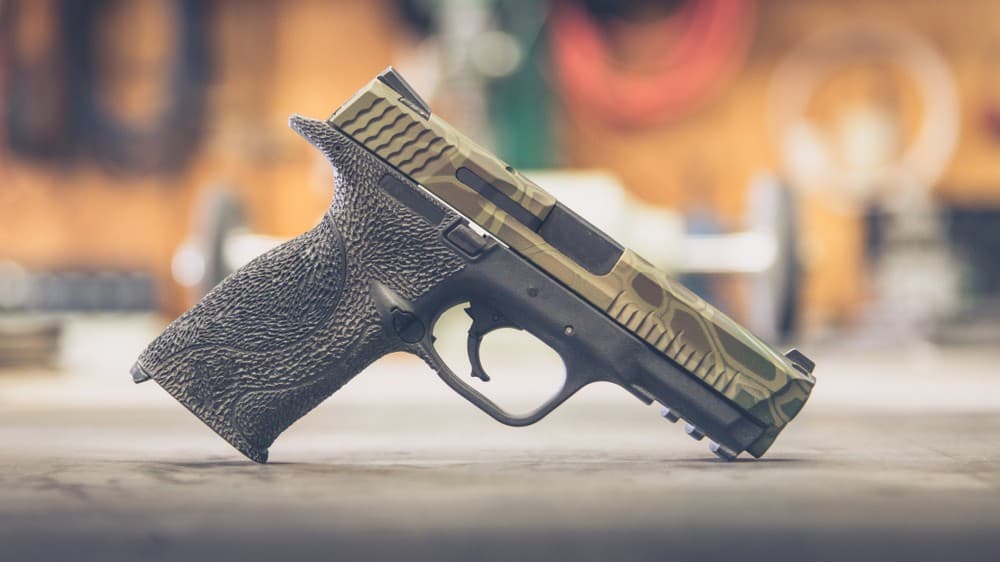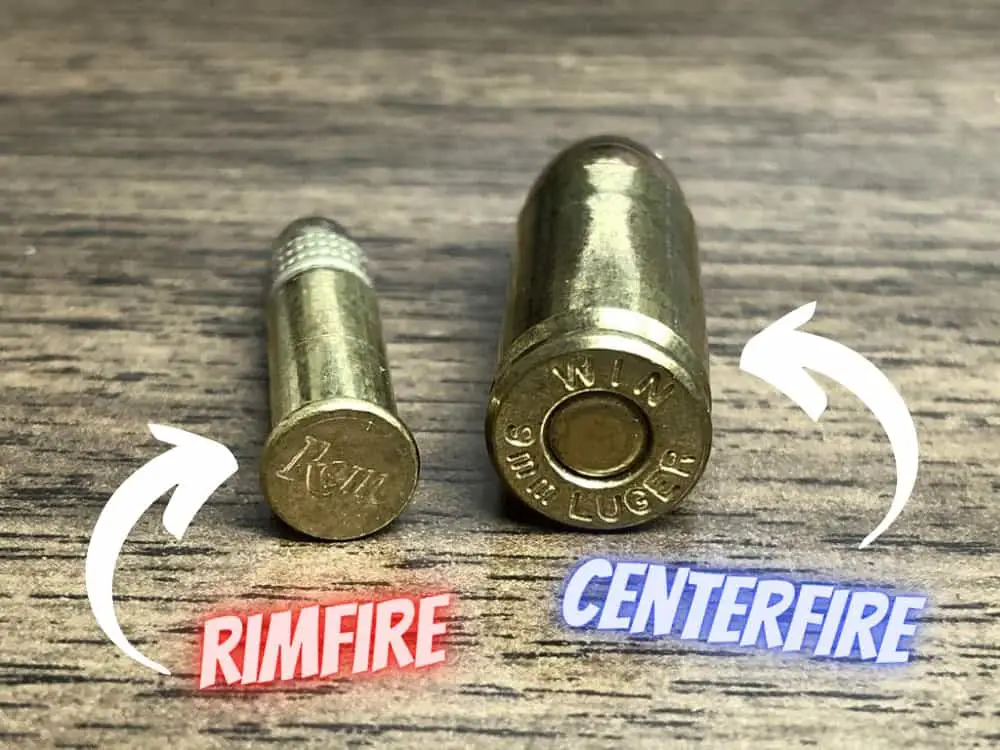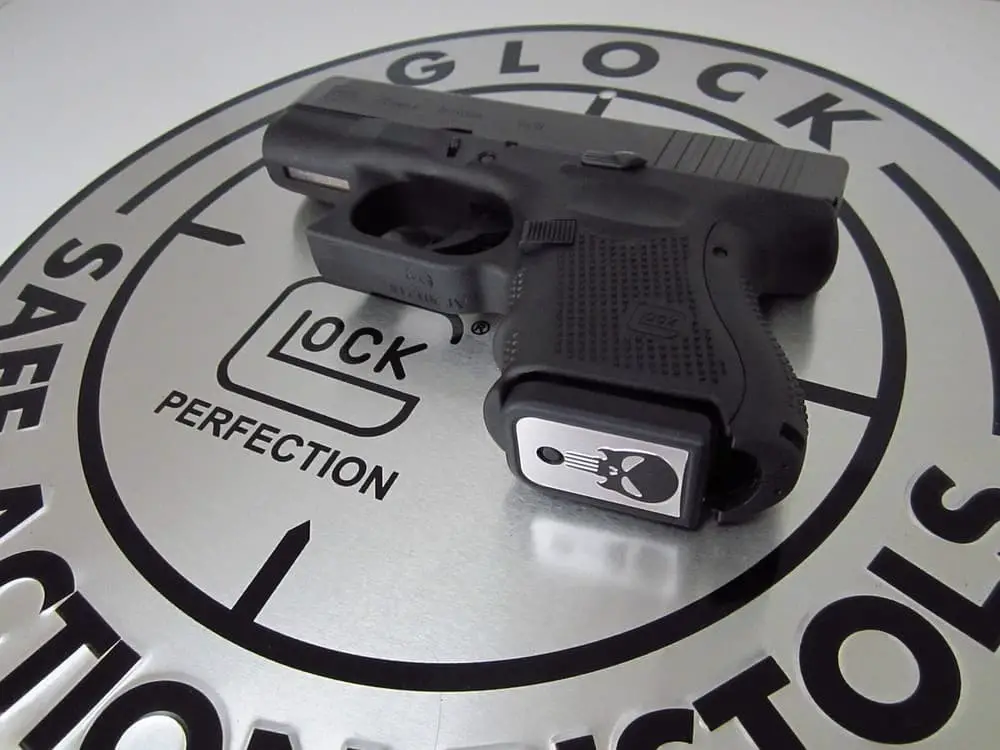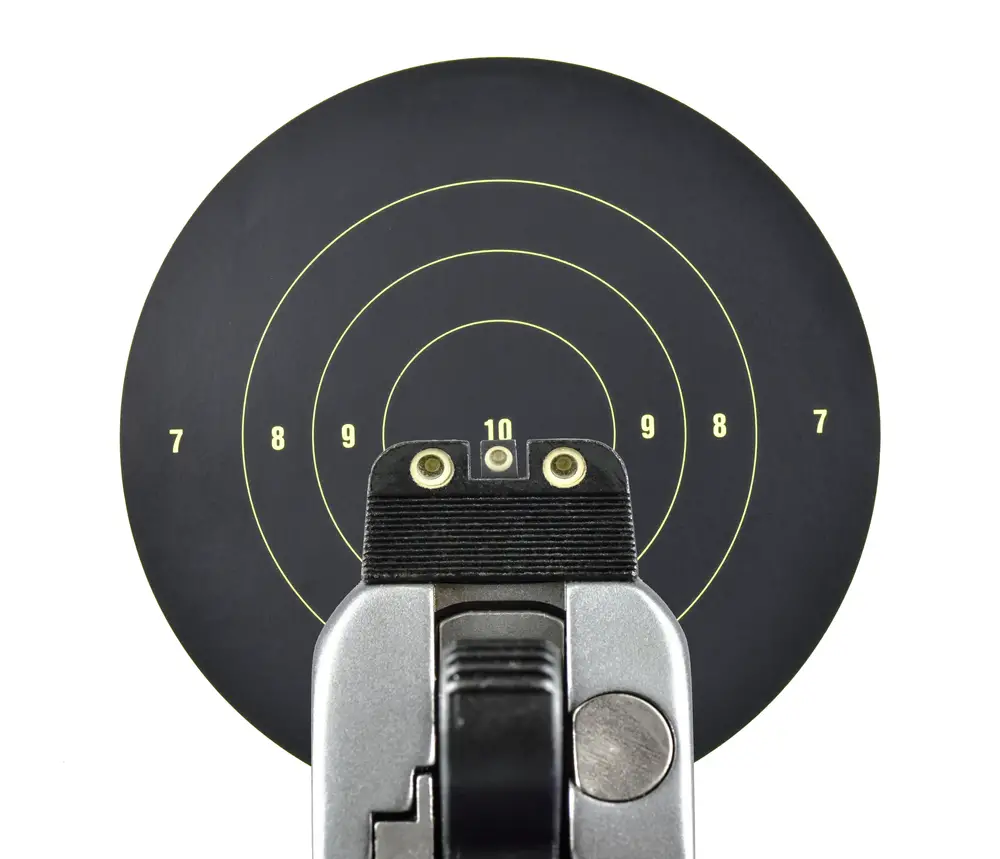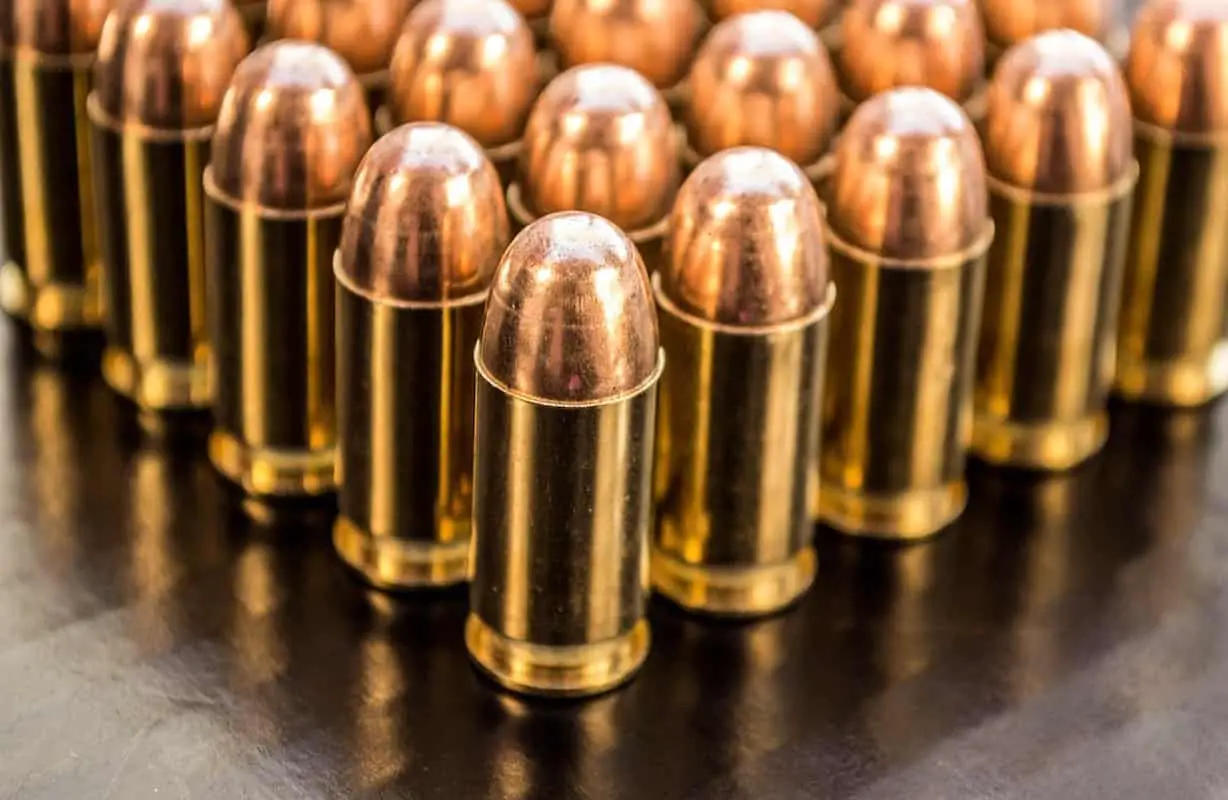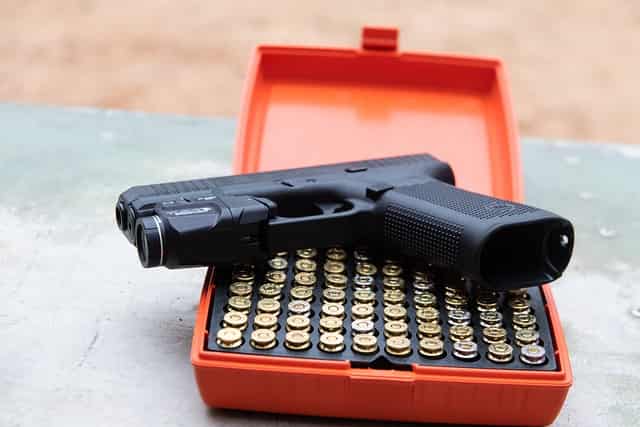
Kansas Concealed Carry Certification Process
To lawfully carry a concealed firearm in Kansas, you need to understand state laws and undergo a certification process that includes a background investigation and meeting identification requirements.
Understanding Kansas Law and Personal Protection Act
Kansas has enacted the Personal and Family Protection Act, which outlines the legal framework that you must adhere to for carrying a concealed firearm within the state. You are required to undergo an 8-hour course that covers firearm safety, proper handling, and Kansas law relating to concealed carry. This course is essential to ensure you’re fully aware of your rights and obligations under the Kansas Attorney General’s guidelines.
Concealed Carry License Application and Background Investigation
After completing the required training, you need to submit a concealed carry license application to the Kansas Attorney General’s Office. A comprehensive background investigation is conducted to confirm your eligibility based on Kansas law. This process includes checking criminal records, mental health history, and other relevant information to ascertain if you can lawfully carry a concealed firearm. For more details on the application procedure, you can visit the Kansas Attorney General’s FAQ.
Hard Card Identification Requirement
To finalize your application for a concealed carry license, Kansas requires that you provide a hard card fingerprint necessary for the background check. It is a crucial step for the verification of your identity and to aid criminal background screening efforts. For specifics on the hard card identification process, contact the Concealed Carry Licensing Unit.
Concealed Carry Classes and Training
In Kansas, concealed carry classes provide comprehensive firearms training, equipping you with the knowledge and skills necessary to carry a handgun responsibly. These classes include detailed coursework, in-depth classroom instruction, and practical range qualification.
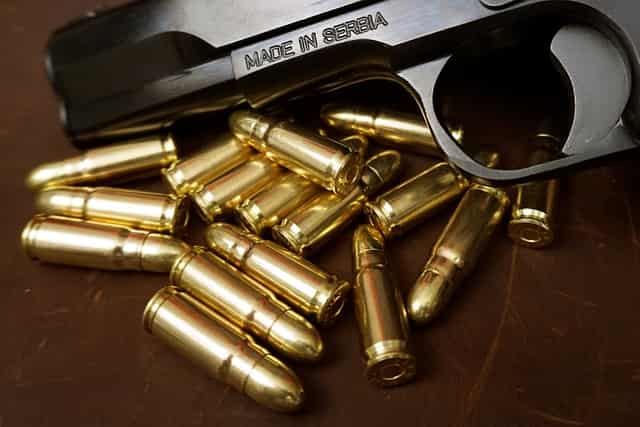
Course Overview
Your journey toward concealed carry proficiency begins with a structured course. These courses, often lasting approximately eight hours, cover a multitude of topics mandated by the Kansas Attorney General’s Office. You’ll learn key aspects such as firearm safety, proper handling, and legal regulations for carrying a concealed handgun. For a detailed curriculum, visit the Kansas Concealed Carry Instruction page.
Classroom Instruction
Classroom learning is a crucial component, where you’ll absorb important information on handgun types, safe storage, and handling of firearms. Classroom sessions include laws pertaining to the use of force and interaction with law enforcement. They also involve a written exam covering Kansas law and basic pistol safety, which you must pass to proceed. For more on what to expect in the classroom, explore the offerings by Rainier Arms Firearms Academy.
Range Qualification
After mastering classroom topics, you’ll move to the range for hands-on firearms training. This includes shooting exercises with a TQ-15 target at distances of 3, 7, and 10 yards, assessing your accuracy and safety. You must demonstrate competence with either a pistol or a rifle to qualify. Every class emphasizes the utmost safety and proper handling throughout this process. For information on range qualifications and what you’ll need to bring, check out Kansas Defense’s guidance on concealed carry.
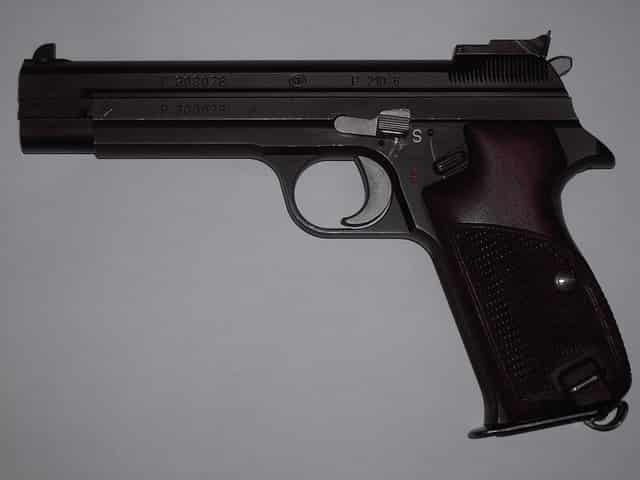
Firearm Handling and Safety
In Kansas concealed carry classes, it’s crucial that you become proficient in firearm manipulation and marksmanship as well as knowledgeable in maintenance, care, and ammunition types. Proper handling of your handgun ensures safety for both you and those around you.
Firearm Manipulation Skills
Your ability to handle your firearm correctly is foundational to gun safety. Learn to draw your handgun from a holster with deliberate care and re-holster it without unnecessary manipulation. Master the key components of marksmanship: aim, grip, stance, and trigger control. Firing accurately at distances of 3, 7, and 10 yards is a must, as reinforced by shooting drills in your Kansas Concealed Carry Course.
- Aim: Align your sights properly on the target.
- Grip: Hold your firearm firmly to ensure stability.
- Stance: Position your body for balance and control.
- Trigger Control: Squeeze the trigger smoothly to prevent misfires.
Maintenance and Care
Regular maintenance and care of your handgun are non-negotiable to ensure its reliability and longevity. Always make sure your gun is unloaded before you begin any maintenance procedure. Clean and oil your handgun as recommended by the manufacturer to prevent malfunctions and corrosion.
Checklist for Firearm Maintenance:
- Disassemble your handgun only as far as the manufacturer’s instructions advise.
- Clean the barrel, slide, and frame using appropriate solvents.
- Regularly check for wear and tear on parts like the recoil spring, firing pin, and extractor.
Ammunition Knowledge
Understanding your ammunition is as important as being proficient with your firearm. Use the caliber of ammunition that your handgun is chambered for. Store your ammunition in a cool, dry, and secure location to prevent degradation and ensure safety. Be aware of the differences between various types of handgun ammunition, such as FMJ (Full Metal Jacket) for practice and JHP (Jacketed Hollow Point) for self-defense.
Ammunition Storage Tips:
- Keep away from heat sources and moisture
- Store in original packaging or labeled containers
- Regularly check for signs of corrosion or damage
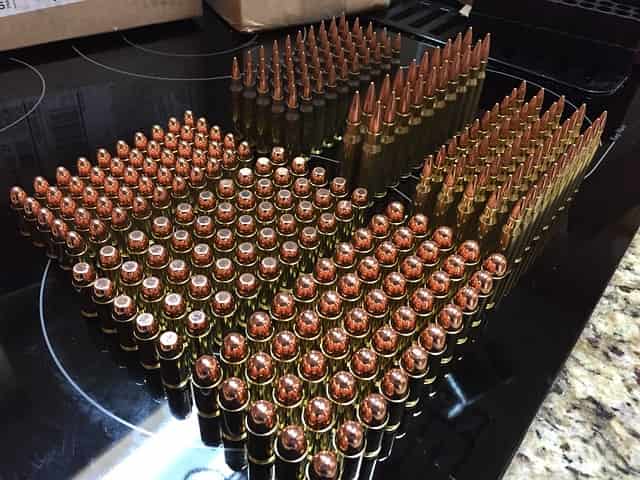
Legal Aspects of Concealed Carry
Before embarking on your journey as a concealed carry firearm owner in Kansas, it’s crucial that you understand the state’s legal framework regarding concealed carry, including the nuances of travel laws and the serious implications of using deadly force.
Travel Laws and Reciprocity
When traveling, you must be aware that Kansas has specific regulations that determine how you can legally carry your concealed weapon into and out of the state. Through reciprocity agreements, Kansas honors concealed carry licenses from other states, but this is subject to change, and it is your responsibility to stay informed about current agreements. As of July 1, 2021, if you’re a Kansas resident with a license issued by another jurisdiction, Kansas will not acknowledge that license. Instead, if you’re between 18 and 20 years old, you’re required to obtain a Kansas Concealed Carry Handgun License (CCHL) to legally carry in the state.
Understanding Deadly Force and Legal Issues
The use of deadly force is a grave matter with serious legal consequences. As a concealed carry firearm owner, you should have a thorough understanding of Kansas law regarding the justified use of force in self-defense situations. The appropriate use of deadly force is strictly defined, and knowing these laws will help you make sound decisions and potentially avoid legal issues. For comprehensive instruction on firearm safety and the legal use of your weapon, consider taking a Kansas concealed carry class where these topics are covered in detail. Remember, these classes are not merely a formality but a crucial step in ensuring that you carry responsibly and in accordance with the law.
Scheduling and Attending Concealed Carry Classes
To legally carry a concealed weapon in Kansas, you need to attend an authorized concealed carry course and obtain a concealed carry license. Here are the specifics on finding the right class and information on dates and locations to help you plan accordingly.
Finding the Right Course
When selecting a concealed carry course, prioritize certified offerings that satisfy Kansas legal requirements. Tools such as the Kansas Attorney General’s Concealed Carry website provide official information on recognized courses. Ensure that the provider’s curriculum covers Kansas laws, safe handling, firearm mechanics, and proper shooting techniques.
Dates and Locations
Class dates tend to be flexible, with options ranging from weekdays to weekends to accommodate various schedules. Group classes are available, which can be a good option if you prefer learning with others. For the most current schedule, refer to instructors like Kansas Concealed Carry Instruction and Training for class announcements. Locations vary, with many courses offered at gun ranges and local venues across Kansas, giving you the ability to choose a class near you.
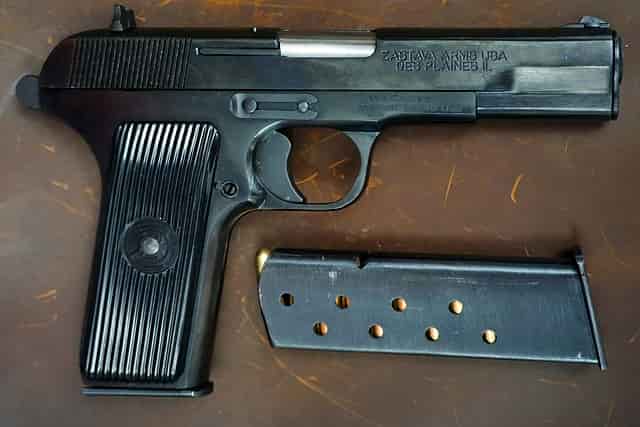
Frequently Asked Questions
Navigating Kansas concealed carry laws and classes can be challenging. Here you’ll find concise answers to common inquiries to help you understand the requirements and process.
What are the age and eligibility requirements to enroll in Kansas concealed carry classes?
You must be at least 21 years old to enroll in a Kansas concealed carry class without any restrictions. If you are between 18 and 20 years old, you must obtain a provisional license.
How do I apply for a Kansas concealed carry permit after completing the class?
After completing the class, submit your application to the Kansas Attorney General’s office along with the required fee, fingerprints, and proof of training.
What does the curriculum of a typical Kansas concealed carry class include?
The curriculum typically includes gun safety, proper handling, legal aspects of carrying concealed, and a basic introduction to handguns.
Which documents are necessary when enrolling for a concealed carry class in Kansas?
When enrolling, you will need to provide a government-issued ID and may also be required to show additional documentation demonstrating your eligibility to take the class.
How long does a Kansas concealed carry permit remain valid, and what is the renewal process?
A Kansas concealed carry permit is valid for four years. Renewals require completion of a legally mandated training session and submission of a renewal application before your permit expires.
What are the legal implications of carrying a concealed weapon in Kansas?
Carrying a concealed weapon in Kansas carries serious legal responsibilities, including understanding places where you cannot carry and the use of deadly force laws. For specific legal implications, consult the Kansas Attorney General’s website or seek legal advice.
Have you ever thought about buying ammo online?
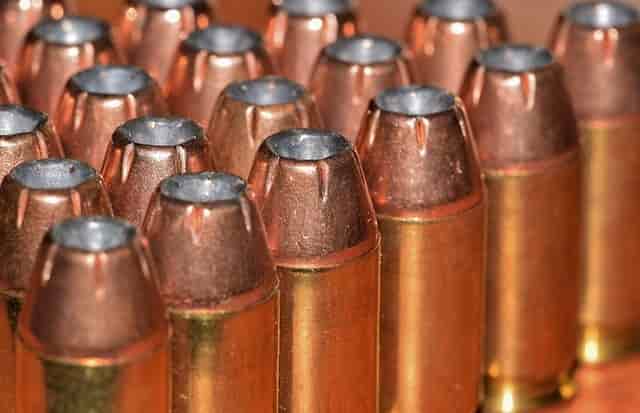
I’m telling you it’s so easy with Lucky Gunner! The ammo shown on their site is guaranteed to be in stock and will ship fast. I heartily endorse Lucky Gunner and so do their many customers.
“Okay, so far I’ve dealt twice with LuckyGunner, and all I can say is, I LOVE YOUR COMPANY!!!!
Imagine: only items in stock are advertised. Who’da thunk, eh? The more highly advertised ones – Cheaper Than Dirt, Cabela’s, et. al. – will put you on backorder forever and a day. But LuckyGunner – I ordered 500 shells of .45 ACP (hard to get in this “shortage”) – and there it was at my address. No backorders, no bull. Business as it should be.
Yes, I’m telling my friends! I’m constantly writing down your addy on bits of paper (and running out of the latter), spreading the joyous news, “No backorders! No bull! Try LuckyGunner.com, you won’t be sorry!” Thank you for being there for an ammo-starved public. And, thanks for the SUPERB customer service.”
— Walter J., Silverdale, WA —

More things you might enjoy…
Can a 38 Special Shoot 357 Rounds?
Image by MikeGunner from Pixabay I’ve long since discovered that very few activities give me the same thrill and sense of security as firing a gun. As a gun owner and enthusiast, I’ve always been curious about which guns can shoot which kinds of ammunition. I have a Derringer five-shot revolver that uses .22 rounds.…
Who Makes the Most Popular Brands of Ammo
If you are here to figure out who makes Herter’s ammo just look below the following table for a more thorough answer. If you are looking for a specific type of ammo, then you need to start by figuring out who makes it. There are lots of options for ammunition and each type of bullet…
What Does Full Metal Jacket Mean?
If you have heard the term full metal jacket, then you might be wondering what this means. I know that growing up, I heard this term a lot. I dismissed it as some sort of saying or cliche. Eventually, I decided that I needed to figure out what people meant when they use this term.…
How Often Should You Clean Your Gun?
After purchasing a firearm, you might wonder how often you should clean your gun. The truth is that it largely depends on how often you use it and where you live. Keep reading to learn more. How Often Should You Clean Your Gun? The short answer: do a light cleaning after every shooting session and…
What Is The Main Difference Between Centerfire And Rimfire Ammunition?
Rimfire vs Centerfire Everyone has to start somewhere. If you’re new to guns, learning the difference between rimfire and centerfire ammunition is important. Let me backtrack a moment. The first time I went out on the gun range, I had zero idea that there were different types of ammo for different types of weapons. All I knew…
Continue Reading What Is The Main Difference Between Centerfire And Rimfire Ammunition?
How Should You Hold a Handgun for Maximum Accuracy?
Whether it’s for sport or you find yourself in a defensive situation where you need to use a handgun, how you hold it will significantly affect your accuracy. Developing your handgun techniques will help you become a better shot and keep you safe. Read on to learn the answer to the question: How should you…
Continue Reading How Should You Hold a Handgun for Maximum Accuracy?
What Is Stippling On A Gun?
Hey, would you like a more firm grip on your gun? Would that help you shoot better? Well that is what stippling is for. Stippling is a modification to the grip that makes it, well, more grippy. It is done by sanding off the original finish and then using a hot soldering iron to make…
What Is A Centerfire Pistol?
To answer the question: “What Is A Centerfire Pistol?”, you must first understand that there are two main types of ammunition: Centerfire Rimfire These ammo categorizations are based on where the firing pin hits the back of the bullet to make it fire. A centerfire pistol is one where the firing pin strikes the center…
Is It Bad To Dry Fire A Glock?
There are loads of myths and assumptions surrounding handguns. If you grew up around guns, you probably heard some of these myths. Today, we will answer the question: Is it bad to dry fire a Glock. The Quick Answer Dry firing modern centerfire guns is completely fine (this includes most Glocks). The firing pin does…
What Is The Sight Picture?
When you first became interested in shooting you probably heard the terms sight picture and sight alignment being thrown around. Most people tend to use the two terms interchangeably; however, they do not mean the same thing. In this guide, I will make a clear distinction between sight picture and sight alignment. To master any new trade, you must…
What is Ball Ammo
When you hear the term “ball ammo” you may be picturing an actual ball. While the term did originate from ball shaped ammo, that’s not what it means today. Most ball ammo today is cylindrical in shape. It will have a lead core coated with copper. Keep reading to learn all about the history and…
